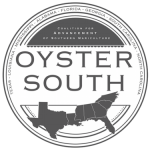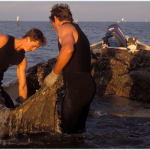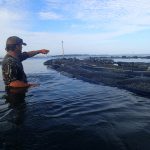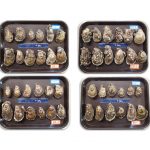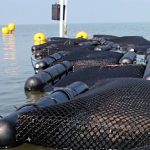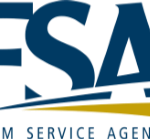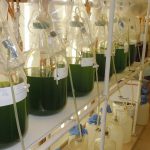
Microalgal Culture Workshop
When: January 30-31, 2019 Day 1: Wednesday, January 30, Registration (10:30 am), Sessions (11 am – 5 pm) Day 2: Thursday, January 31, Sessions (8 am – 2 pm) Where: FWC Senator Kirkpatrick Marine Lab, 11350 SW 153rd Court, Cedar Key, FL A two-day Microalgae Culture workshop is being held to address interests in culture technology and techniques for molluscan shellfish hatcheries. Topics for presentations and hands-on demonstrations will address the following topics: Function of Microalgae, Mass-Culture Strategies, Nutrition of Bivalves, Chemical Ecology of Cultures, Phytoplankton as Bivalve Foods, Media preparation & Aseptic transfers and Quantification Methods. Dr. Gary Wikfors,


